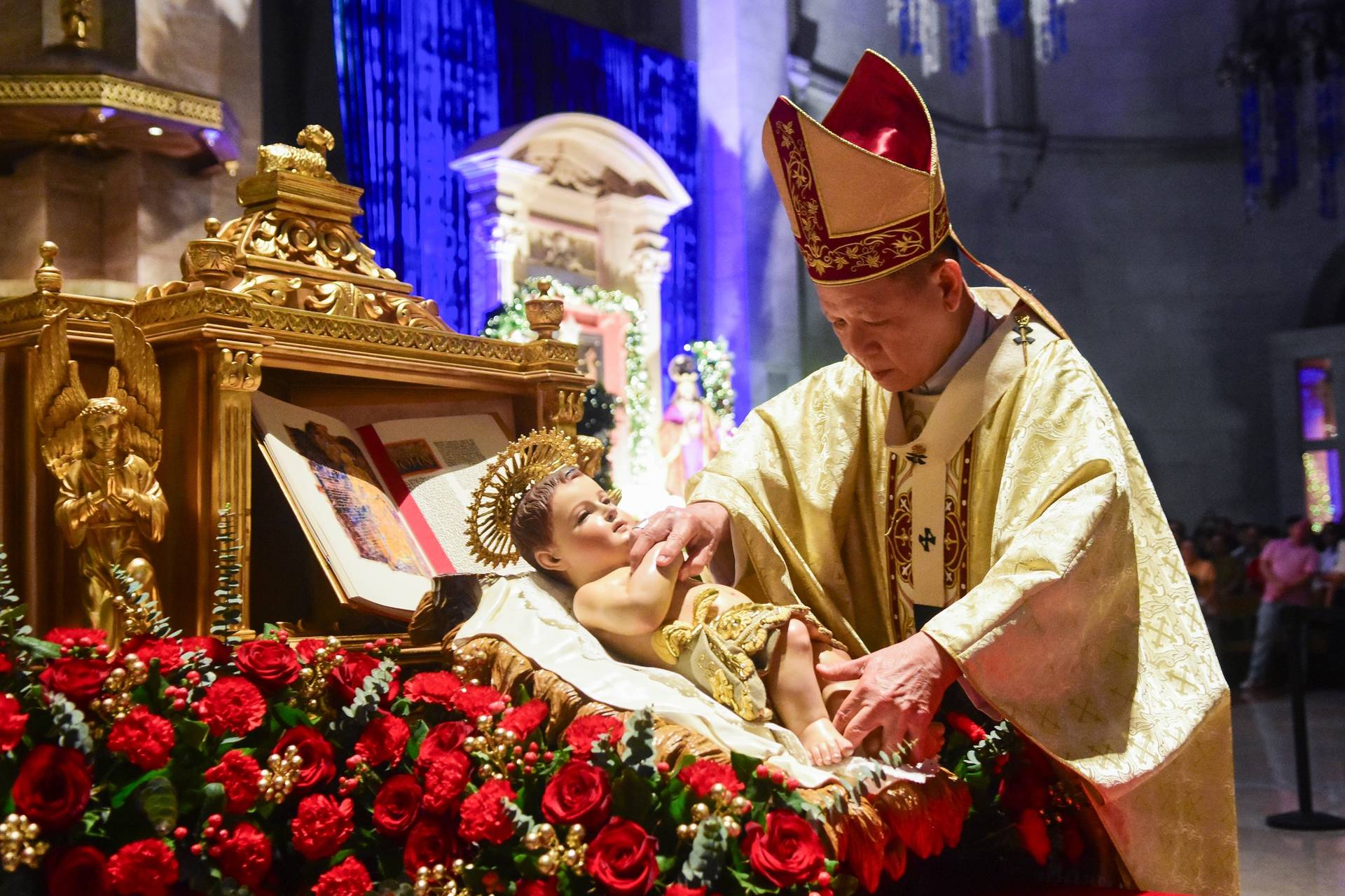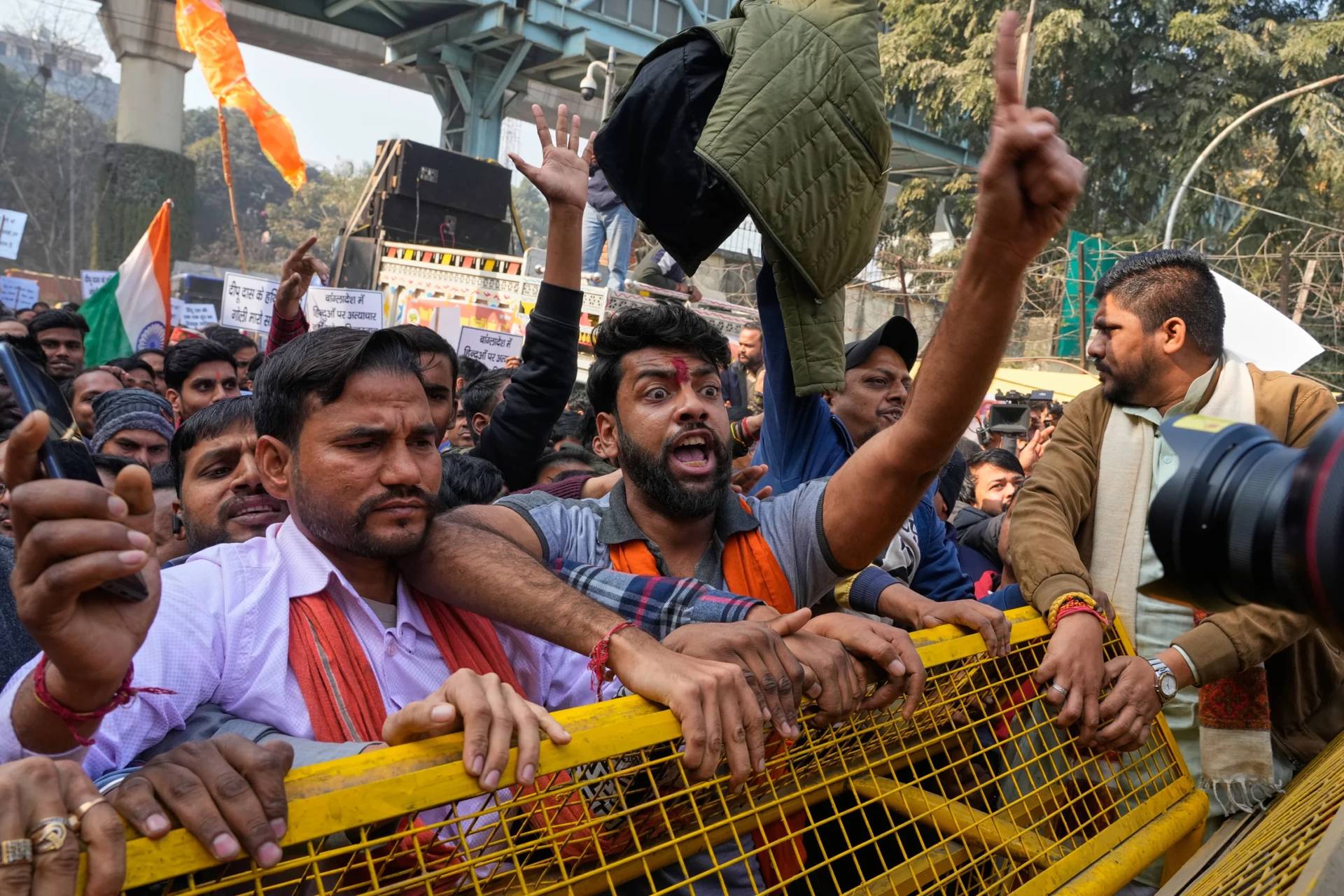LEICESTER, United Kingdom – An order by the United Nations top court for Myanmar to prevent genocide against its minority Rohingya population “sends a clear message,” according to England’s chief Catholic humanitarian agency.
The International Court of Justice on Thursday ordered Myanmar to create provisional measures intended to protect the Muslim minority in the country’s Rakhine state, telling the country the ruling “creates international legal obligations” on the government.
Buddhist-majority Myanmar has long considered the Rohingya to be “Bengalis” from Bangladesh even though their families have lived in the country for generations. Nearly all have been denied citizenship since 1982, effectively rendering them stateless, and they are also denied freedom of movement and other basic rights.
The long-simmering crisis exploded in August 2017 when Myanmar’s military launched what it called a clearance campaign in northern Rakhine State in response to an attack by a Rohingya insurgent group. The campaign forced more than 700,000 Rohingya to flee to neighboring Bangladesh and led to accusations that security forces committed mass rapes, killings and burned thousands of homes.
“The decision of the International Court of Justice sends a clear message to Myanmar and the rest of the world. While the threat of violence and further killings still exists, Rohingya refugees who have fled to Bangladesh cannot be forced to return to Myanmar,” said Janet Symes, the Head of Asia and Middle East Region for CAFOD, the international development aid agency of the Catholic Bishops’ Conference of England and Wales.
“Over 700,000 women, men and children do not have the necessary guarantees of their safety, their rights and of their means to earn a living to be able to return to their homes, despite their longing to do so,” she said.
CAFOD has been working with Caritas Bangladesh to help the refugees, who are concentrated in Cox’s Bazar, an area of Bangladesh prone to flooding and landslides. The Rohingya population – mostly families with children – rely on humanitarian aid for their daily survival.
“When I visited the refugee camps in Cox’s Bazar, almost everybody I spoke to was desperate to go home. But they didn’t feel it would be safe for them to return and the decision of the ICJ has confirmed this,” Symes said.
“As a humanitarian organisation, we are interested in there being an ability to achieve peace: That requires a process of justice and of reconciliation. Our hope is that the Myanmar government heeds the ruling of the ICJ and takes urgent steps to prevent violence against the Rohingya people,” she added.
This article incorporated material from the Associated Press.
Follow Charles Collins on Twitter: @CharlesinRome
Crux is dedicated to smart, wired and independent reporting on the Vatican and worldwide Catholic Church. That kind of reporting doesn’t come cheap, and we need your support. You can help Crux by giving a small amount monthly, or with a onetime gift. Please remember, Crux is a for-profit organization, so contributions are not tax-deductible.














